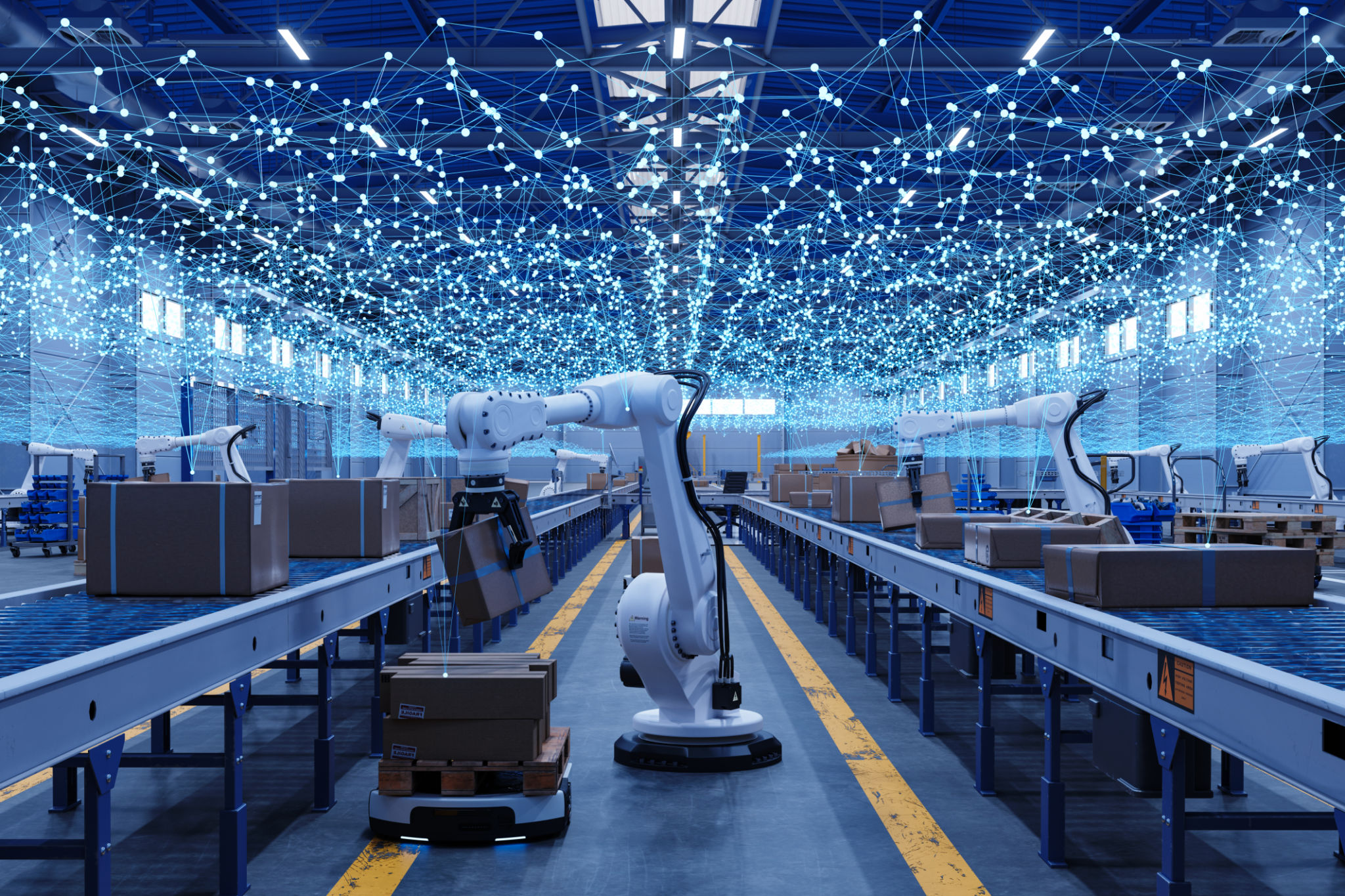Leveraging Technology for Safer and More Efficient Freight Services
Revolutionizing Freight Services with Technology
In today's fast-paced world, the freight industry is constantly evolving to meet the demands of a global economy. Leveraging technology not only enhances efficiency but also significantly improves safety in freight services. By integrating advanced technologies, companies can streamline operations, reduce costs, and ensure the secure transportation of goods.

The Role of Automation in Freight
Automation is at the forefront of transforming freight services. With the advent of automated vehicles and drones, companies are now capable of transporting goods with minimal human intervention. This reduces the risk of human error and enhances operational efficiency. Automated systems can also optimize routes, ensuring faster delivery times and reducing fuel consumption.
Furthermore, warehouse automation through robotics and AI-driven systems can expedite the sorting and handling of goods. This not only speeds up the supply chain process but also minimizes the potential for accidents that may occur in traditional manual operations.
Enhancing Safety through IoT
The Internet of Things (IoT) has emerged as a game-changer in ensuring safer freight services. IoT devices can monitor the condition of cargo in real-time, providing data on factors such as temperature, humidity, and movement. This is particularly crucial for sensitive goods like pharmaceuticals and perishables.

IoT also plays a significant role in vehicle safety. Through sensors and connected devices, vehicles can communicate with each other and with infrastructure to avoid collisions and navigate safely. This technology can alert drivers to potential hazards, improving overall road safety.
Big Data Analytics for Improved Decision-Making
Big data analytics enables freight companies to make informed decisions by analyzing vast amounts of data. This includes everything from traffic patterns to weather conditions, allowing companies to anticipate disruptions and plan accordingly. By leveraging big data, companies can improve delivery accuracy and reduce downtime.
Moreover, predictive analytics can be used to forecast demand and optimize inventory levels. This ensures that goods are available when needed, reducing storage costs and minimizing waste.

The Impact of Blockchain on Freight Security
Blockchain technology is revolutionizing the way freight services handle security and transparency. By creating an immutable ledger of transactions, blockchain ensures that all parties involved have access to a single source of truth. This can significantly reduce fraud and errors while streamlining customs processes.
Furthermore, smart contracts facilitated by blockchain can automate and enforce agreements between parties without the need for intermediaries. This not only speeds up transactions but also ensures that all terms are met before payment is released.
The Future of Freight Services
As technology continues to advance, the freight industry will see even more innovative solutions that enhance both efficiency and safety. From artificial intelligence-driven logistics platforms to sustainable energy solutions, the future holds endless possibilities for transforming freight services.
By embracing these technologies, freight companies can stay competitive in an ever-evolving market while ensuring the safe and efficient transport of goods worldwide.
